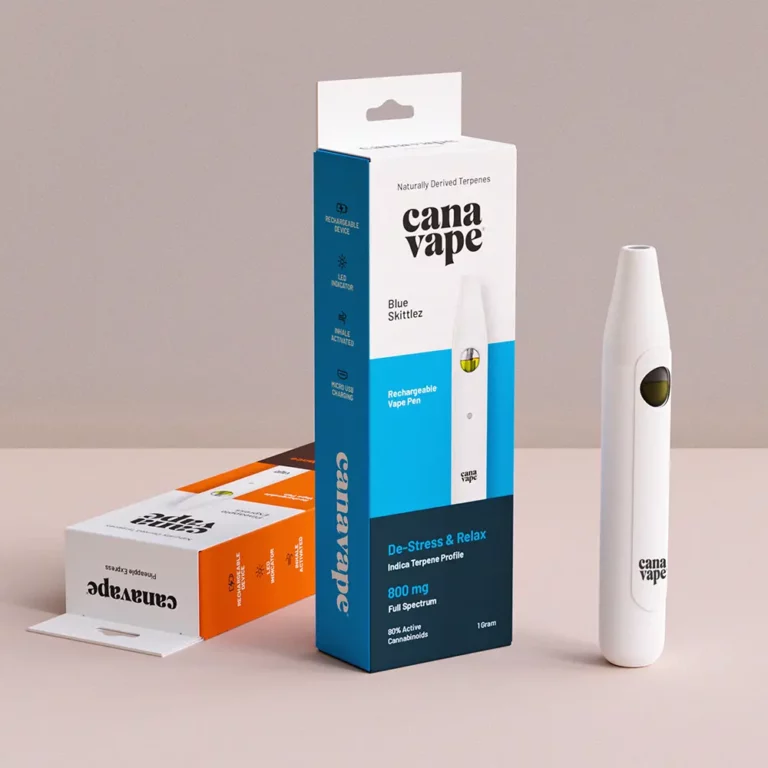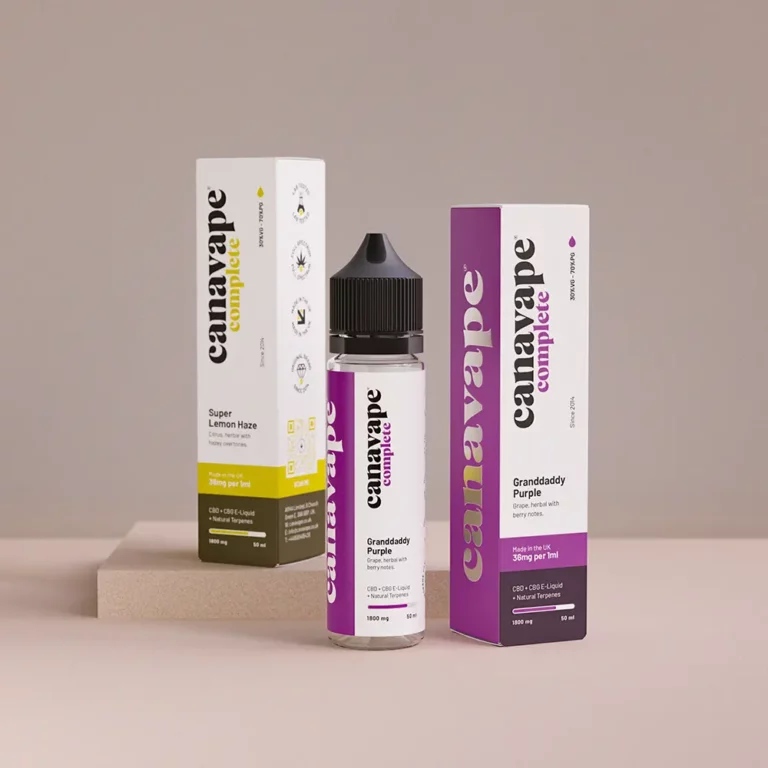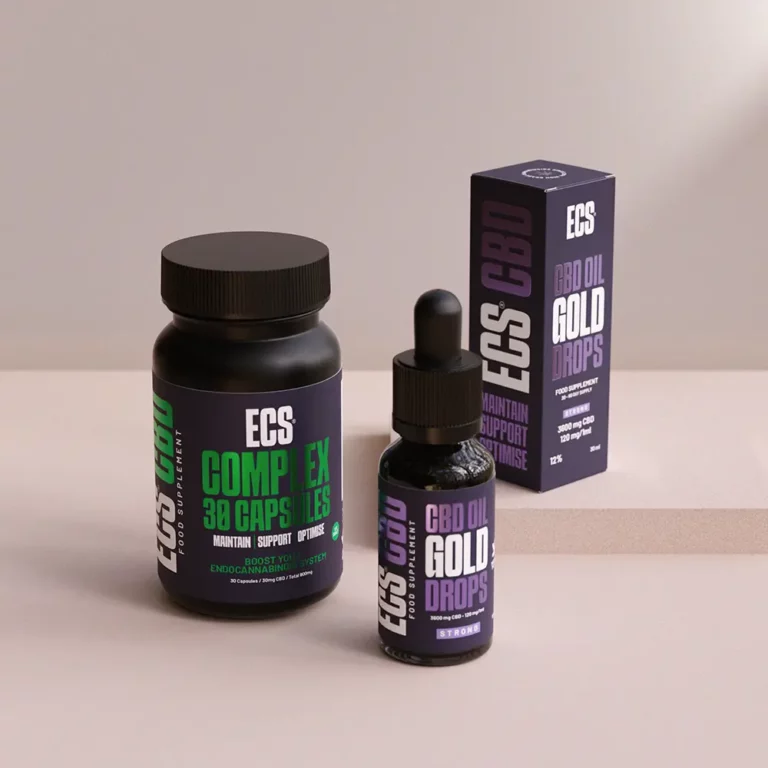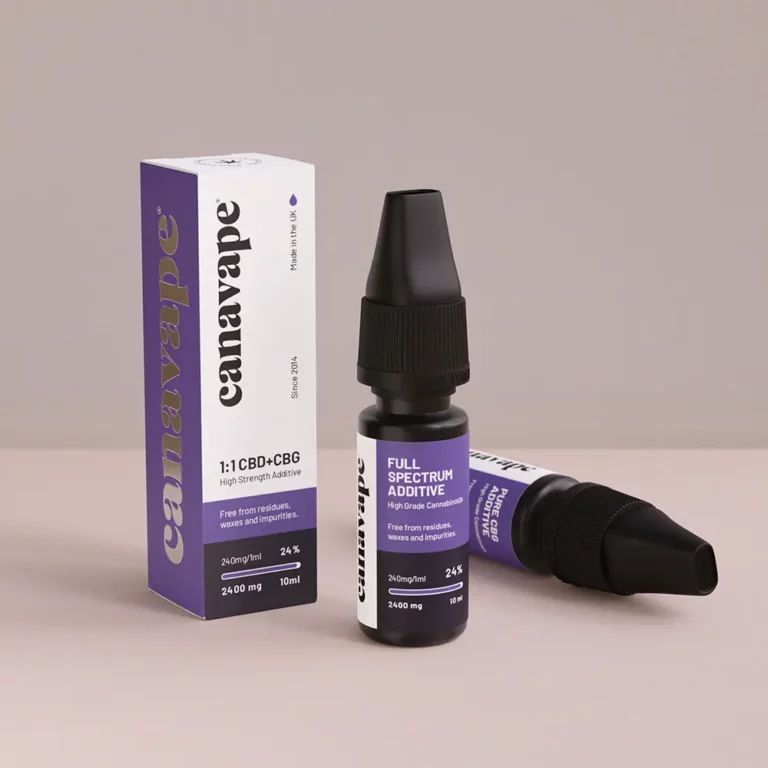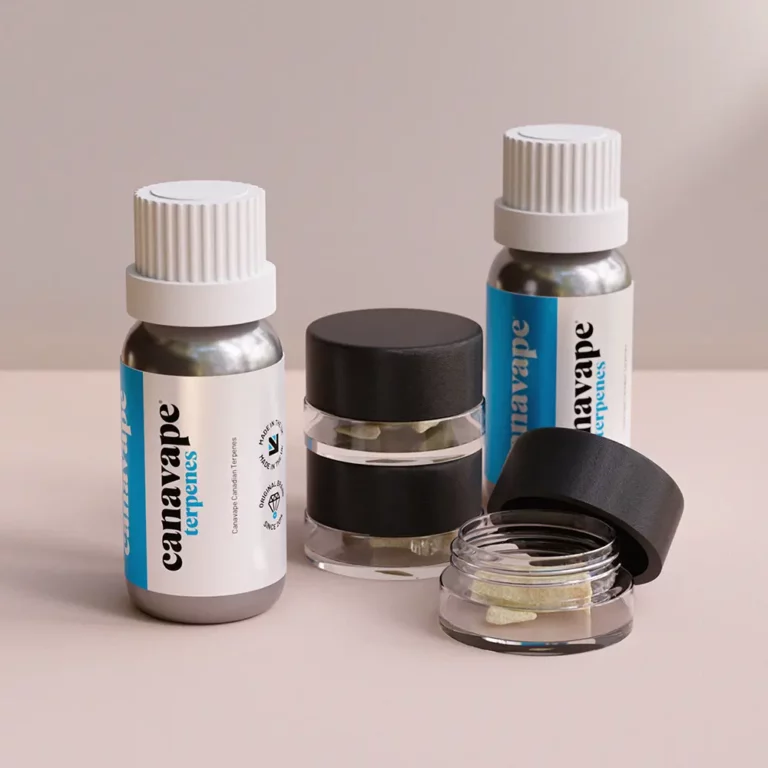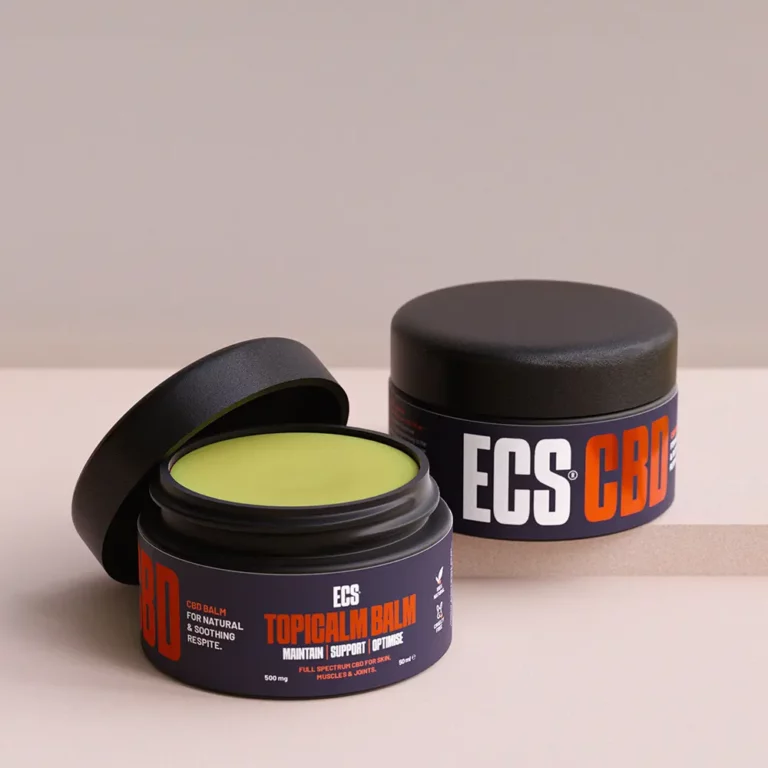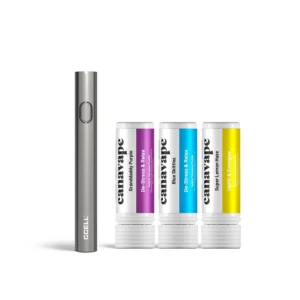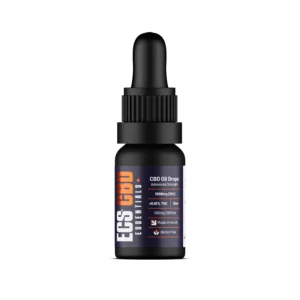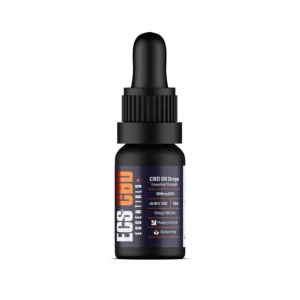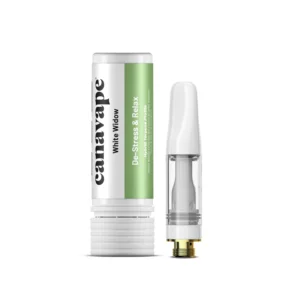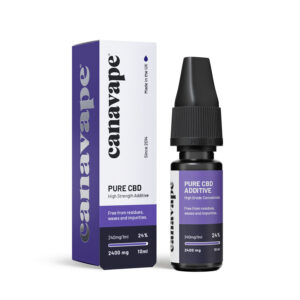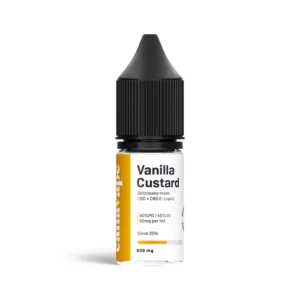CBD oil has gained significant popularity in recent years due to its potential health benefits. However, for individuals following a halal lifestyle, it is crucial to understand whether CBD oil is considered halal or not. In this section, we will explore the topic in depth and provide insights into the halal status of CBD oil.
Understanding Halal:
Halal is an Arabic term that means “permissible” or “lawful” according to Islamic principles. It encompasses various aspects of life, including food, drinks, behavior, and products. For a product to be considered halal, it must meet specific criteria outlined in Islamic teachings.
Background of CBD Oil:
CBD, short for cannabidiol, is a naturally occurring compound found in the cannabis plant. It is one of the many cannabinoids present in the plant, but unlike THC (tetrahydrocannabinol), CBD does not have psychoactive effects. CBD oil is derived from hemp plants, which contain high levels of CBD and minimal THC content.
Key Principles of Halal:
Halal principles are based on the Quran, the holy book of Islam, and the teachings of the Prophet Muhammad (peace be upon him). The key principles of halal include:
- Abstaining from consuming pork or pork-derived products
- Avoiding the consumption of alcohol and intoxicants
- Avoiding any products containing ingredients derived from animals not slaughtered according to Islamic guidelines
- Avoiding any products that may be harmful or impure
Halal Status of CBD Oil:
The halal status of CBD oil can be a topic of debate among scholars and individuals due to its association with the cannabis plant. However, most scholars agree that CBD oil is halal for consumption as long as it meets the following criteria:
- The CBD oil is derived from hemp plants, not marijuana plants.
- The CBD oil does not contain any THC or contains only trace amounts (less than 0.3%), ensuring it does not have intoxicating effects.
- The CBD oil does not contain any other haram (forbidden) ingredients such as alcohol or pork-derived substances.
As long as these conditions are met, CBD oil can be considered halal and permissible for consumption according to Islamic principles.
Conclusion:
In conclusion, CBD oil can be halal if it is derived from hemp plants, contains minimal or no THC, and does not contain any haram ingredients. However, it is essential to ensure that the CBD oil you choose meets these criteria to align with your halal lifestyle. Always check the product’s ingredients and consult with a knowledgeable authority if you have any doubts or concerns.
At Canavape, we understand the importance of providing halal-friendly products. Our CBD oil is sourced from reputable hemp farms, undergoes rigorous testing to ensure THC levels are within legal limits, and is free from any haram ingredients. We strive to provide high-quality CBD products that meet the diverse needs of our customers while respecting their religious beliefs and values.
